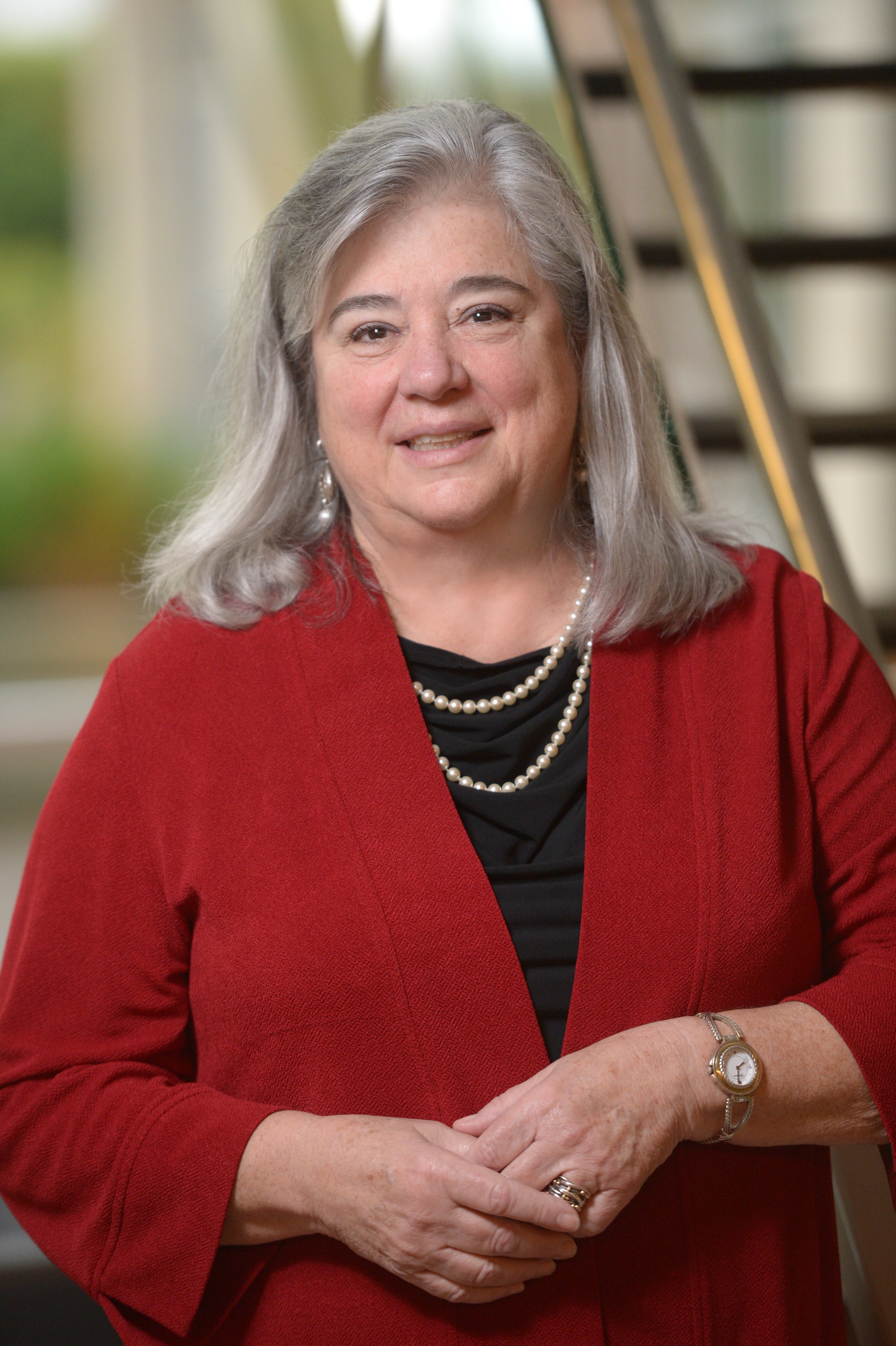
The American Nurses Association (ANA) launched a grand challenge this year: Healthy Nurse, Healthy Nation. The premise is that we are the largest health professionals group but also rate poorly on health indicators. If we improve our health, we can be role models for our family, friends, patients, and community. ONS is supporting the ANA challenge, and I hope you have seen the weekly ONS tips that will help in this challenge.
Many are aware of the standard trifecta for improving our health: eat healthfully, exercise, and get enough sleep. But we can engage additional strategies for changing our habits, from eliminating tobacco use to using mindfulness meditation or yoga or journaling for stress reduction. At two very different national meetings, I recognized that we can take actions that may not be as obvious but are important for a healthy nation.
Advanced Care Planning
At a palliative care summit of nursing specialty organizations hosted by the Hospice and Palliative Care Nurses Association, we discussed educating individuals and families about the importance of advanced care planning, including advance directives. Studies show that healthcare professionals, like the general public, have a low uptake in completing these documents and discussing our wishes with family members. Nurses are often who, in the worst possible moments, may be asked to help patients and families make a decision. If we have not considered those choices for ourselves and acted on them by completing advanced directive planning, how can we authentically help patients and families in making those crucial decisions? These decisions are not age related; we can and should have discussions on advanced care planning at any time. I imagine that many of you, like me, have seen families’ stress when a patient’s wishes have not been expressed. We can change this scenario by first addressing our own preferences.
HPV Vaccination
Imagine a product that could completely eradicate a cancer. That is the case of the human papillomavirus (HPV) vaccine.
I recently attended the annual meeting of the Prevent Cancer Foundation. Attendees were predominantly from the public health, primary care, and epidemiology fields. A few were cancer care professionals. This meeting was a reminder of the impact of cancer prevention on the overall cancer picture.
As you may be aware, the HPV vaccine prevents cancers related to the human papilloma virus, such as cervical, oral, and anal cancers. The U.S. Food and Drug Administration and Centers for Disease Control and Prevention recommend initiating a two-dose schedule of the HPV vaccine for boys and girls aged 9–14. Currently, the uptake of the vaccination is less than 50% in both boys and girls.
Two factors contribute to this, and as oncology nurses we can have a role in helping parents and adolescents understand the importance of the HPV vaccination. An initial reaction was that the vaccination would lead to promiscuity because transmission of HPV can be through sexual contact. It was not launched as a “cure for cancer” vaccination. Also, an increasing number of people are concerned that vaccinations in general lead to autism, contrary to what the scientific evidence shows. As the most trusted profession, we are in a position to educate our communities about the benefit of HPV vaccination and, if we have children who are eligible, to have them vaccinated.





